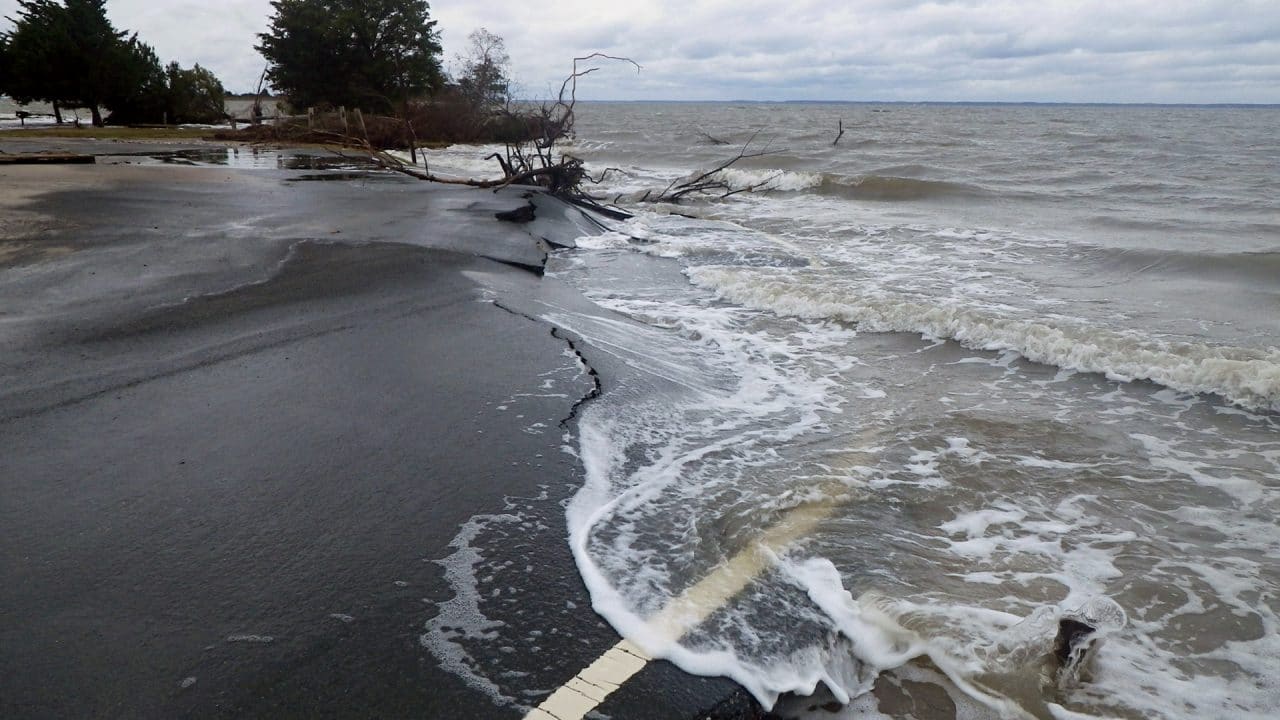Billy_Bob
Diamond Member
Ground heating is quite another thing. We can measure that very well. However, once again, as compared to what? We can only guess at the long-term changes. We can only guess Solar output shifts and what they do to the surface temperatures. How much is caused by land mass use change? Deforestation? Dams and power generation, etc. You say it WILL affect the oceans but by how much as compared to 150 years ago. How much is actually GHG driven and how much is from land use change. Again, another area that the Global warming folks can not quantify or determine what the source really is.Proves no such thing. Increased GENERAL HEATING of the Mid/Lower troposphere WITHOUT a "hotspot" -- WILL affect the temp of precip.. Regardless of whether the clouds they fell from were at -19DegC or 20DegC...
But more importantly, GROUND heating of rivers/streams and run-off from asphalt/concrete flowing to the sea WILL be STORED in the oceans.
As to your precip, how much of a rise? As compared to 150 years ago? where is the energy stored? So far, no heat build up in the atmosphere is capable of warming water more than 150 years ago. Your making assumptions that you cannot quantify or prove are occurring.
Do they make logical sense that they could happen? Yes, but then we have observed evidence that it is not occurring at any statically significant rates compared to 150 years ago.
My premise is simple, show me where the energy is that is capable to do what you say. Quantify it.

